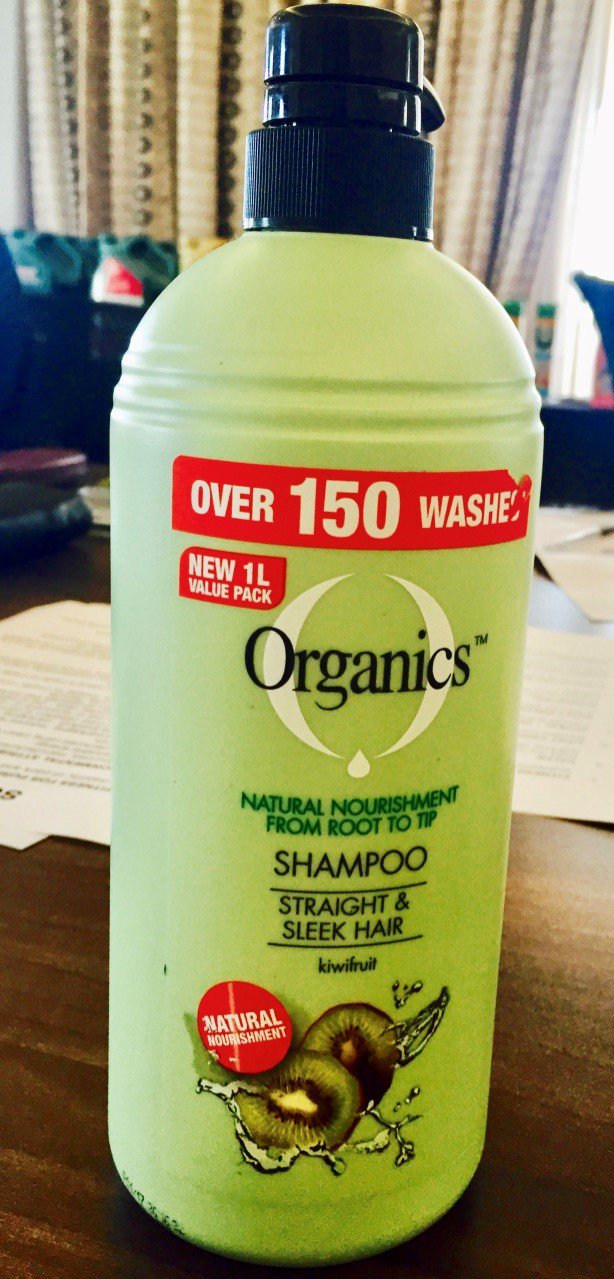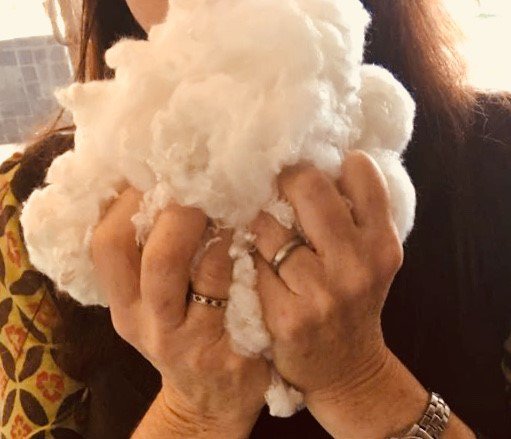Plastic can be fantastic - if it's recyclable
Updated | By Wendy Knowler
“Outlawing” the plastic straw is a great contribution to global efforts to arrest our single-use plastic habit, but clearly, it shouldn’t end there.

Listen to today's Consumerwatch topic below, or read the details under the podcast.
How many of us are still buying supermarket plastic bags every time we shop rather than taking our reusable ones?
A lot. They cost more than 50c each now, and that amount of plastic is a disaster for the environment.
With that in mind, Woolworths have taken a stand; announcing last week that by 2020 their shoppers will be forced to take their own carrier bags to the supermarket or buy a re-usable one.
The retailer also committed to making all its own single-use plastic packaging reusable and recyclable by 2022.
Wooden cutlery and paper straws are being rolled out in Woolies’ cafés, plastic straws are no longer available, and plastic stemmed earbuds will be replaced with paper-stemmed ones within five months.
Plastic can be fantastic - if it’s recyclable.
A record 65% of post-consumer bottles were recycled last year, up from 55% in 2016, to put the country on par with international standards, and streets ahead of many companies.
I got such a kick out of visiting the Propet plastics recycling plant in Bothasig, Cape Town, last year.
They take those plastic bottles - most of which have been recovered from landfills - and turn them into polyester fibre, then blend it 50 -50 with cotton and from that make T-shirts for Woolworths, carpets for cars, ceiling insulation, and more.
I’ll never forget plant manager Lionel Moodley holding up a plastic bottle and saying, "This is gold - I just wish more people realised it. It has no business in a landfill."
He told me he needs twice as much PET from used cooldrink bottles than he’s currently getting.
And then he took me on a tour of that amazing plant, from the chips being melted, formed into strands like those of a giant pasta machine, and then turned into fibre…
I wish the listeners could see and feel what Lionel pulled off the line and shoved into my hands that day. Those one-time beverage bottles turn into the softest, silky yarn.
If every consumer in this country could visit that plastics recycling plant or at least get their fingers into my bag of recycled PET, they’d gain respect for plastic bottles and realise their value.
The clear and pale blue bottles are the most valuable to recyclers and collectors because they make the best quality recycled PET. You can’t make another clear plastic bottle from strongly coloured resin.
So you’d think that in 2018, the companies which produce water and cooldrinks would only use those, but sadly not.
Chandru Wadhwani, joint MD of major plastics recycling company Extrupet, says product packaging should be designed with its after-life as a priority, “but unfortunately many brand owners don’t think beyond marketing and cost”.
Green, brown, red, and those fluorescent bottles are bad news for recycling, creating dark, low-value resin for which there is little to no market, with the result that those bottles are often shunned by small collectors, leaving them to languish as litter.
Bottled water companies are often guilty of not designing for recycling, Chandru says.
“They’ll use a clear bottle which can be recycled, but then instead of applying a label, they’ll print directly onto the bottle - that ink purges during recycling and the resultant resin can’t be used to make another bottle.”
Plastic packs with labels shrink-wrapped onto them are also extremely recycling unfriendly.
It’s up to us as consumers to put pressure on companies not to package their products in plastic packs which can’t be recycled or won’t be, because the resin they will create won’t have much value.
I think the tide is starting to turn now. For example, both Sprite Zero and Schweppes Tonic Water used to be in green bottles, and are now in a clear one.
We have the Orange Bag recycling project in Durban, so get those PET bottles into the orange instead of the black ones.
Did you know that from July 1, the City of Johannesburg will start making it compulsory for households to separate recyclable material from other waste before it's picked up for collection?
It’s a habit we should all get into before we’re forced to…
WHAT TO DO:
As a general rule, it’s the hard plastics such as margarine tubs, milk bottles, ice-cream tubs, yoghurt tubs, polystyrene and those PET beverage bottles, which are recycled in bulk in SA.
The soft plastics, such as plastic film, chocolate bar wrappers can technically be recycled, but are not widely recycled in SA.
When putting plastic bottles into those orange bags, remove the caps - they are made from a different form of plastic and go into a separate recycling stream.
This shampoo bottle is made from 50% recycled PET. And soon the label will tell consumers that.

This lovely soft, silky polyester is created from recycled clear water bottles and has many uses, including making new bottles or mixed with cotton to create clothing, like the below image.

Show's Stories
-
A queue at the drive-thru? Not for this taxi
Don't you just hate being stuck at a drive-thru? Well, this South Africa...
East Coast Breakfast 3 hours ago -
Durban traffic: Things motorists do when they see traffic
This is an example of what not to do if you get stuck in traffic this Ea...
Carol Ofori 4 hours ago